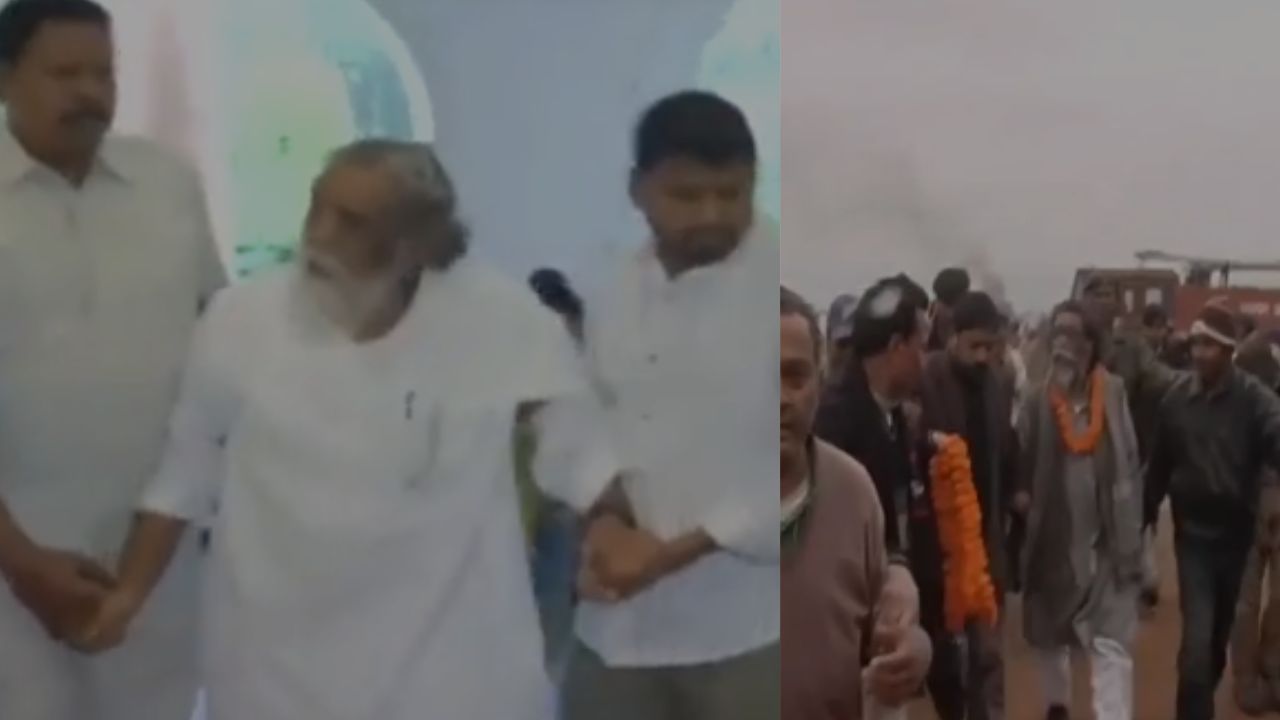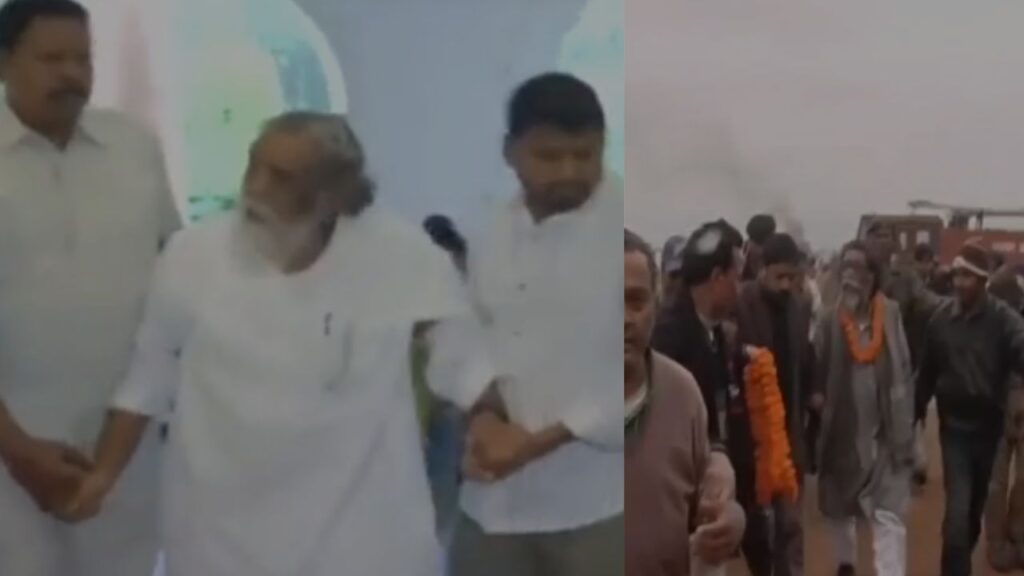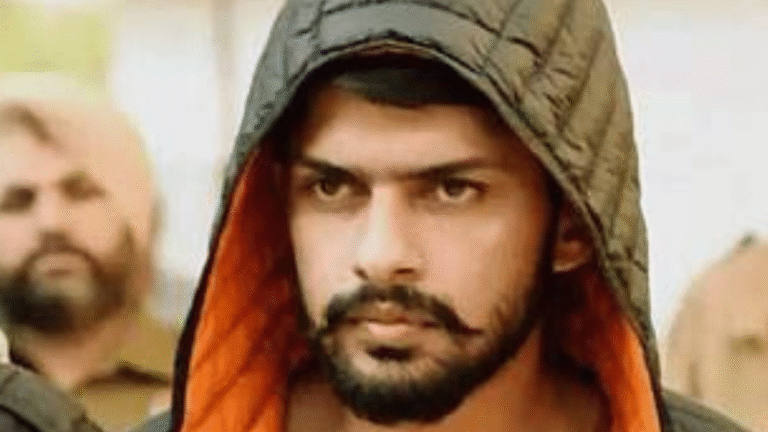
India has bid farewell to one of its most influential tribal leaders and a towering figure in Jharkhand politics — Shibu Soren, the former Chief Minister and founder of the Jharkhand Mukti Morcha (JMM), who passed away at the age of 81. His death marks the end of a politically significant era, especially for tribal rights, regional identity, and grassroots movements in eastern India.
A Life Rooted in Struggle and Legacy
Born on January 11, 1944, in Nemra village of the Hazaribagh district (now in Ramgarh, Jharkhand), Shibu Soren’s life was defined by struggle, survival, and an unwavering commitment to the upliftment of tribal communities. The brutal murder of his father by moneylenders when he was just a child shaped his worldview and ignited in him a lifelong fight against exploitation and injustice.
Soren, fondly known as “Guruji” among his supporters, began his political journey in the 1970s, spearheading movements for the rights of Adivasis (tribals) and fighting for the creation of a separate Jharkhand state — a dream he saw materialize in the year 2000.
The Political Architect of Jharkhand
Shibu Soren’s political impact cannot be overstated. As the founder of the Jharkhand Mukti Morcha (JMM), he was instrumental in mobilizing mass support across tribal and rural areas of undivided Bihar, demanding recognition, autonomy, and a distinct identity for the region that would become Jharkhand.
He served as the Chief Minister of Jharkhand three times — in 2005, briefly in 2008, and again from 2009 to 2010. Despite facing political instability and controversies during his terms, his charisma and connection with the grassroots remained unshaken.
He was also a Member of Parliament multiple times and served as the Union Coal Minister, a position in which he aimed to bring more transparency and regional benefit to India’s coal-rich belts, especially in Jharkhand.
A Mixed Legacy: Triumphs and Trials
Shibu Soren’s political career, while celebrated, was not without controversy. He faced legal battles, including being convicted in a 1994 kidnapping and murder case — a verdict that was later overturned. These turbulent chapters, however, did not deter his influence in state politics.
Despite the criticisms, he remained a beloved figure among his core base — particularly in tribal districts where he was seen as the voice of the voiceless. His tireless advocacy for land rights, education, tribal welfare, and local governance made him a symbol of regional resistance against central neglect.
A Family of Leaders
His political legacy continues through his son, Hemant Soren, the current Chief Minister of Jharkhand. Hemant, who has often credited his father as his guiding light, now carries the torch of JMM and its tribal-centered politics. The father-son duo shared the stage at several key political events, often embodying the generational continuity of a grassroots movement turned mainstream power player.
In a heartfelt statement, Hemant Soren called his father’s passing “an irreparable loss not just for Jharkhand but for the entire nation.” Political leaders across party lines, from the Prime Minister to state opposition leaders, expressed condolences and lauded Shibu Soren’s contributions to Indian democracy.

Nation Mourns: Tributes Pour In
As news of Soren’s demise spread, tributes poured in from every corner of the country. Jharkhand observed a state-wide mourning, with flags flown at half-mast and all official functions suspended. Thousands of supporters gathered at his Ranchi residence, many in tears, chanting slogans in his memory.
Senior leaders like Prime Minister Narendra Modi, Rahul Gandhi, Amit Shah, and Arvind Kejriwal remembered him as a “tireless warrior for tribal rights” and a “stalwart of Indian regional politics.”
The End, But Not the Silence
Shibu Soren’s passing is more than the death of a politician — it’s the silencing of a powerful voice that fought relentlessly for the marginalized. His life’s work gave shape to the idea of tribal empowerment through democratic representation, and his influence will continue to echo in Jharkhand’s socio-political landscape for decades to come.
With the passing of Shibu Soren at 81, India has lost a son of the soil — a leader who rose from the dust of rural hardship to become one of the loudest voices for tribal justice. His contributions helped shape modern Jharkhand, and his political footprints are etched deep into the heart of the state’s history. As a generation mourns its “Guruji,” the legacy he leaves behind is one of resilience, resistance, and representation.






